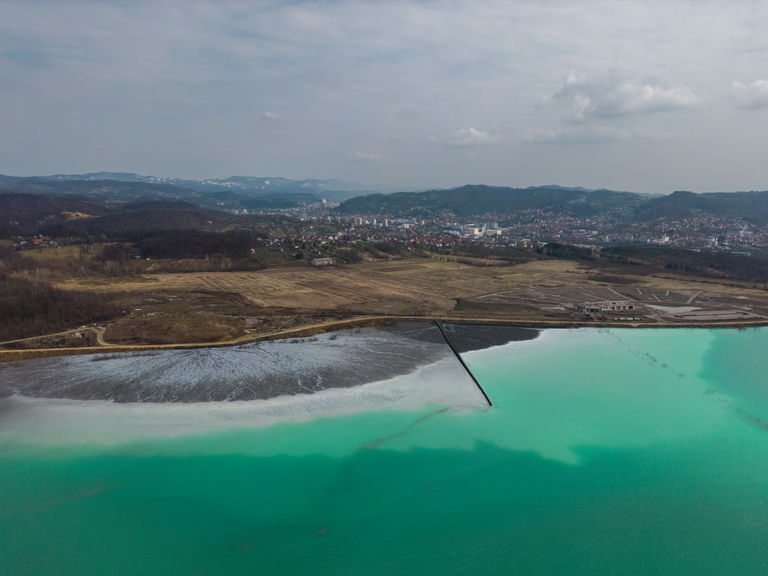Project Detail: When I was little I thought it was the cloud factory
Contest:
Swiss Storytelling Photo Grant 9th
Brand:
LuganoPhotoDays
Author:
Matteo Trevisan
Status:
Selected
Project Info
When I was little I thought it was the cloud factory
"When I was little I thought it was the cloud factory" is a project documenting the severe pollution and its impact on communities in the Central Balkans, where Serbia, Bosnia and Herzegovina, and Montenegro contribute significantly to air pollution in Europe. The project aims to shed light on the consequences of pollution, reflecting a form of neo-colonialism, and promote sustainable development beyond national borders, focusing on the most affected and marginalized communities in the region.
The European community has taken concentrated action on climate change, proposing laws to protect the environment, including a ban from 2035 on the sale of petrol and diesel cars. But what happens outside its political borders?
According to the World Health Organisation (WHO), 90% of the world population breathes polluted air. However, in the Central Balkans the situation is particularly serious, since Serbia, Bosnia and Herzegovina and Montenegro are primarily responsible for air pollution on the European continent. The UN Environment Programme has revealed that concentrations of pollutants in the region are five times higher than the limits set by the European Union. This is mainly due to old industrial and energy production systems, consisting mainly of coal-fired power plants, and a corrupt system where governments do not provide official data on pollution and people with diseases that can be linked to it. Of the 10 most polluting sites in Europe, 8 are located in the Balkans. In 2016, 16 coal-fired plants in the Balkans emitted the same amount of pollutants as 250 plants in the EU.
This situation is becoming increasingly serious with the conflict between Russia and Ukraine, where energy shortages are pushing the countries of Europe to return to the use of coal in energy production.
“When I was little I thought it was the cloud factory” is a photographic journey into the heart of the central Balkans, which began in 2022. The project stems from the objective of documenting the consequences of pollution on the environment and the communities most affected by these "monsters", which reflect a new form of neo-colonialism, often run by foreign companies. The communities living in these places, often the most fragile and poor, can hardly afford to create a new life for themselves in a healthier place and are left with no choice but to accept the future that has been imposed on them.
The first chapter of this project focuses on Bosnia, which sadly represents the most emblematic state in the region. According to the Human Right Watch Report, Bosnia has the fifth highest incidence of deaths due to air pollution globally.
According to this evidence, how can we ignore the need to address these problems and act for sustainable development? Should governments start looking at climate change with a new and common perspective?


















